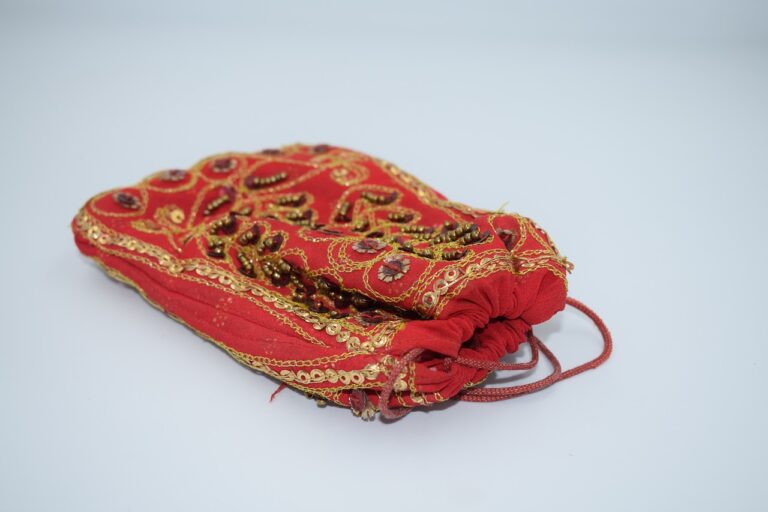The Psychology of Brand Trust in Handcrafted Furniture Products
bit bhai 9, radhe exchange, lotus365.win login: Handcrafted furniture products have a unique appeal that goes beyond their physical appearance. They evoke a sense of craftsmanship, tradition, and authenticity that mass-produced items simply cannot replicate. As consumers, we often find ourselves drawn to these handcrafted pieces, willing to pay a premium for something that has been lovingly made by skilled artisans. But what is it about handcrafted furniture that instills such a sense of trust in us?
1. The Human Touch
One of the key factors that contribute to brand trust in handcrafted furniture products is the human touch that goes into making them. Unlike furniture that is churned out by machines in large factories, handcrafted pieces are created by individual artisans who pour their time, skill, and passion into each item. This human element creates a connection between the maker and the buyer, fostering a sense of trust and authenticity.
2. Attention to Detail
Handcrafted furniture products are known for their meticulous attention to detail. From intricate carvings to custom finishes, these pieces showcase the artisan’s dedication to their craft. This level of detail not only enhances the beauty of the furniture but also gives buyers confidence in the quality and durability of the product.
3. Uniqueness
Another aspect that contributes to brand trust in handcrafted furniture products is their uniqueness. Unlike mass-produced items that are often identical, handcrafted pieces are one-of-a-kind creations that stand out from the crowd. This exclusivity appeals to consumers who value individuality and are willing to invest in something that reflects their personal style.
4. Sustainability
In an age where environmental consciousness is at the forefront of consumer concerns, handcrafted furniture products offer a sustainable alternative to mass-produced items. By supporting local artisans and small businesses, buyers can feel good about their purchase knowing that they are contributing to the preservation of traditional craftsmanship and reducing their carbon footprint.
5. Storytelling
Every handcrafted piece has a story behind it, whether it’s the inspiration behind the design, the materials used, or the techniques employed. This narrative adds another layer of depth to the product, inviting buyers to connect with the furniture on a personal level. By knowing the story behind the piece, consumers are more likely to trust the brand and appreciate the value of their purchase.
6. Emotional Connection
Ultimately, the psychology of brand trust in handcrafted furniture products boils down to the emotional connection that buyers feel towards these items. Whether it’s the sense of nostalgia, the appreciation for craftsmanship, or the desire for something truly unique, handcrafted furniture products have a way of resonating with consumers on a deeper level.
FAQs:
Q: Are handcrafted furniture products more expensive than mass-produced items?
A: Yes, handcrafted furniture products are typically more expensive due to the time, skill, and materials that go into making them.
Q: How can I ensure that a handcrafted piece is of high quality?
A: Look for signs of craftsmanship such as tight joints, smooth finishes, and attention to detail. Additionally, ask the artisan about their process and materials to ensure that you are getting a quality product.
Q: Can I customize a handcrafted piece to suit my specific needs?
A: Many artisans offer customizations to their pieces, allowing you to choose the size, shape, finish, and other details to create a personalized item that meets your requirements.







